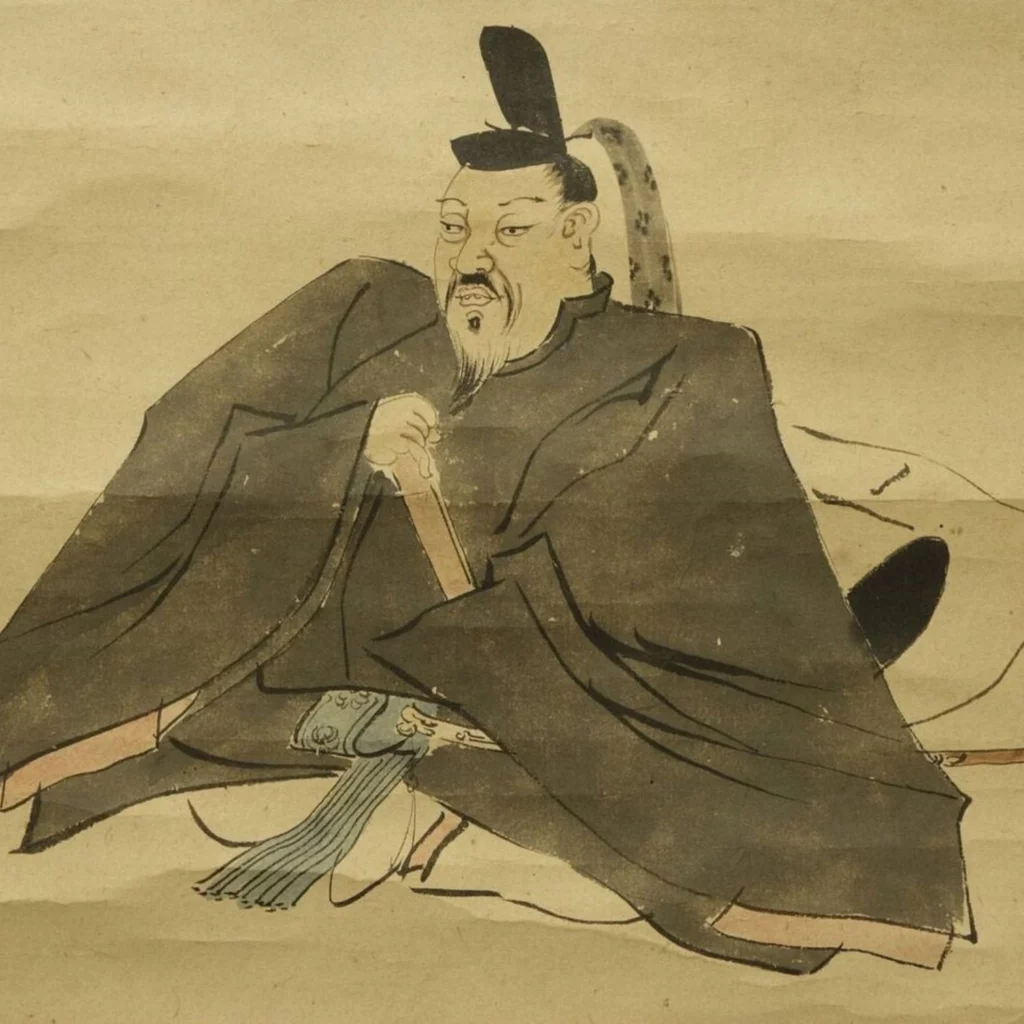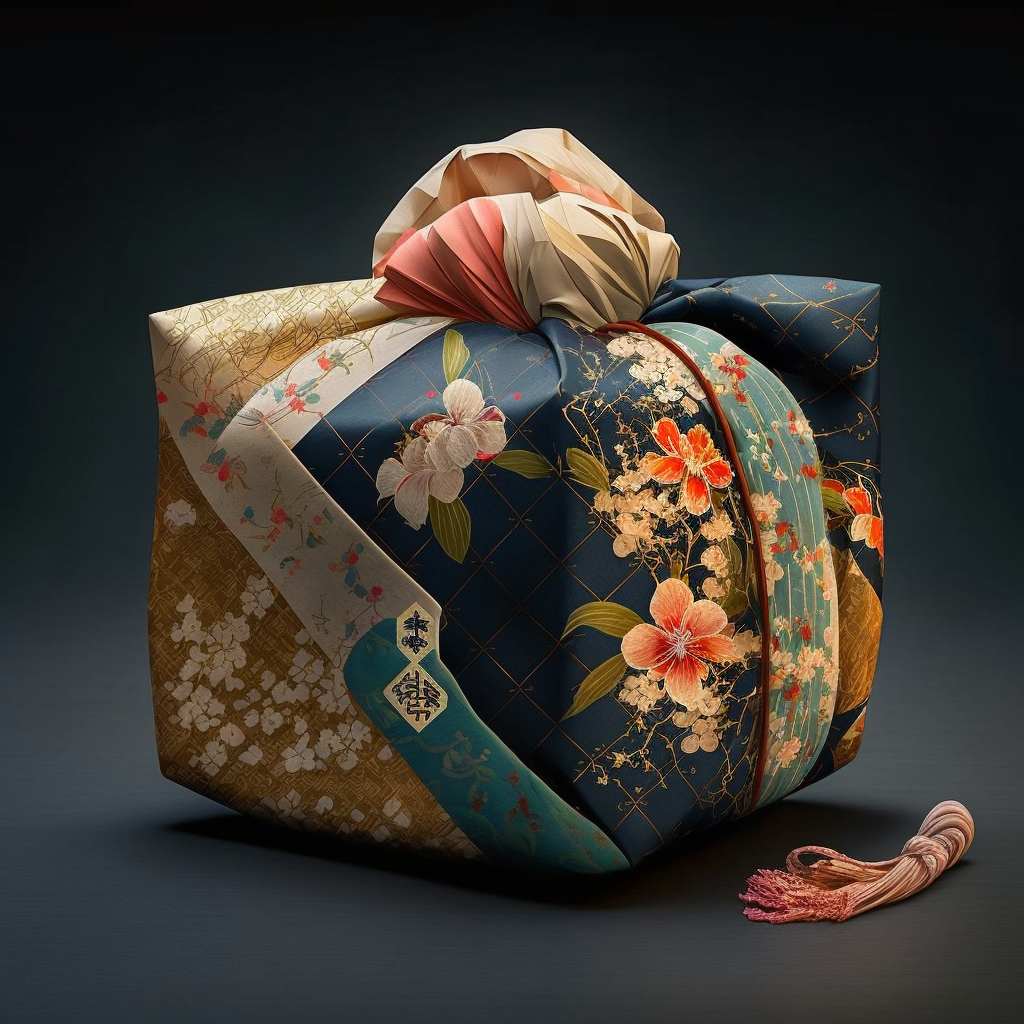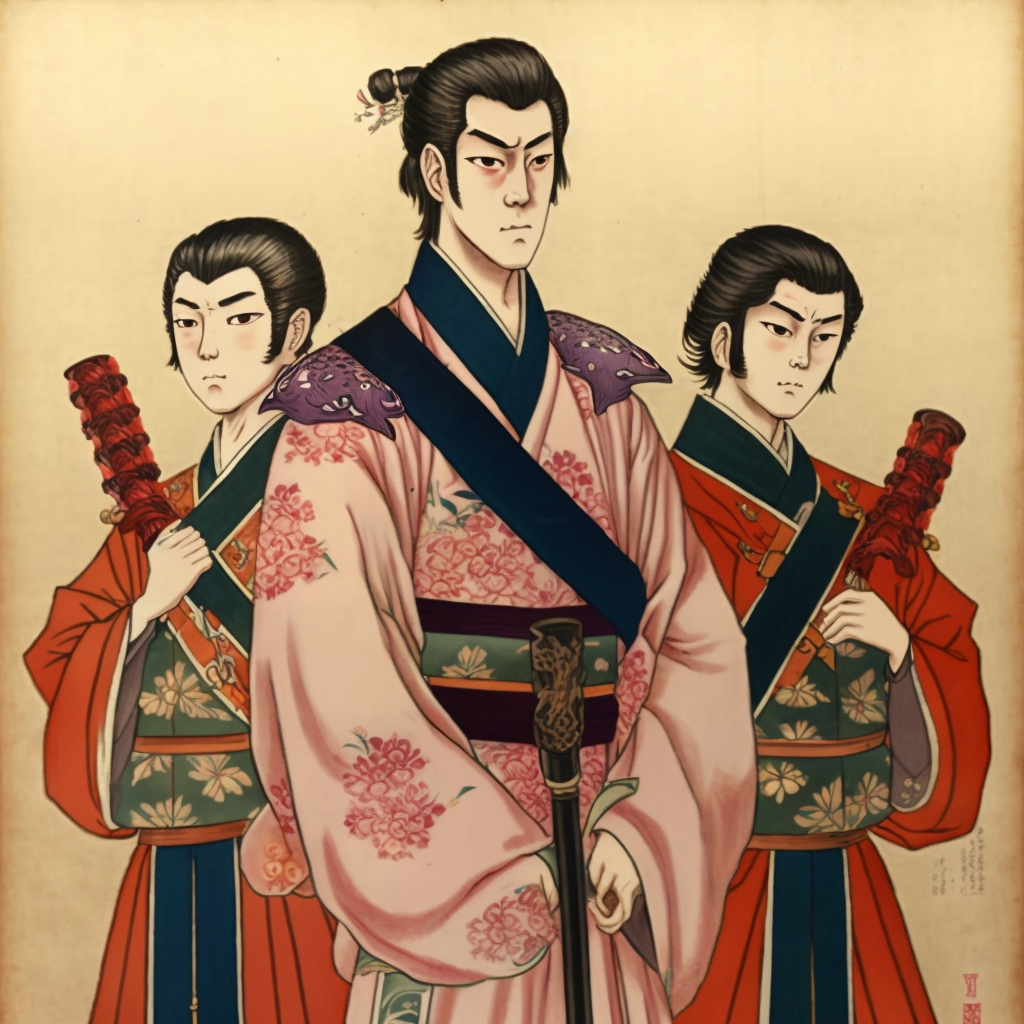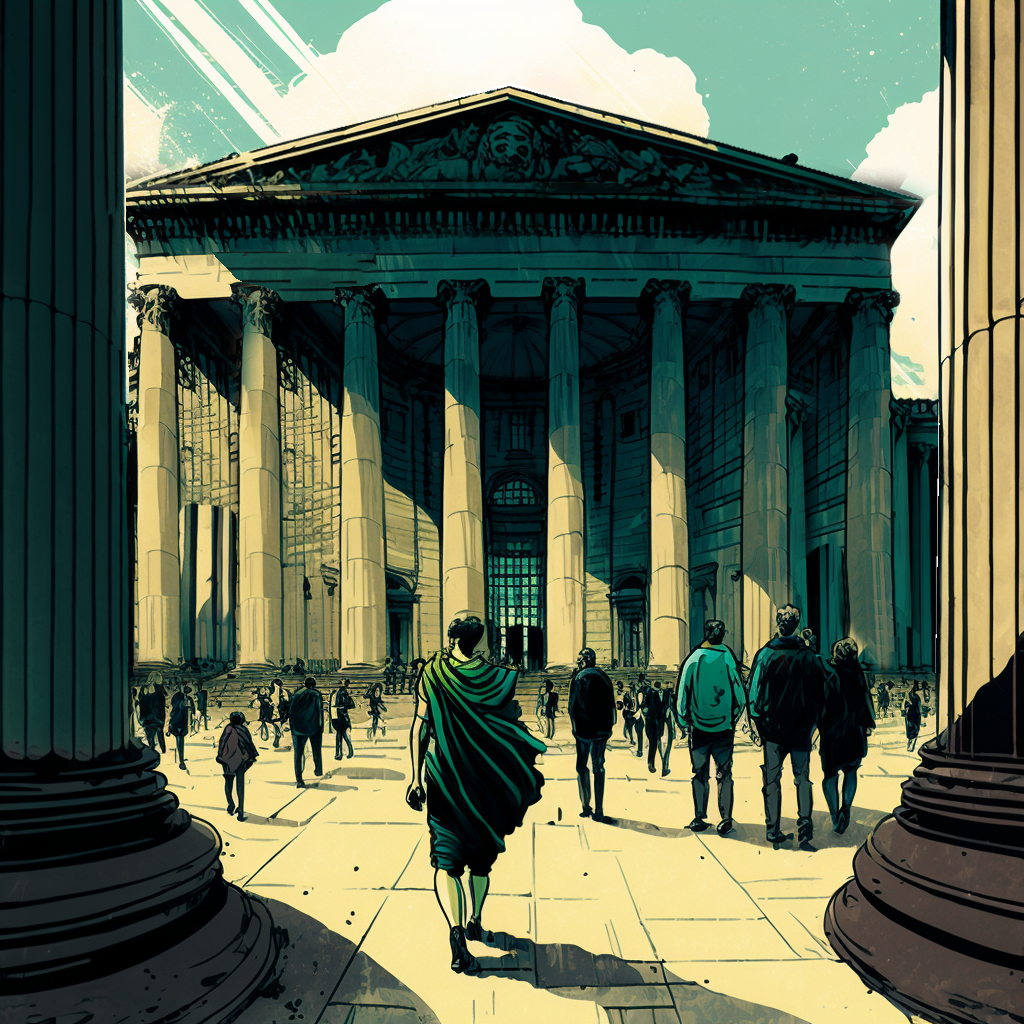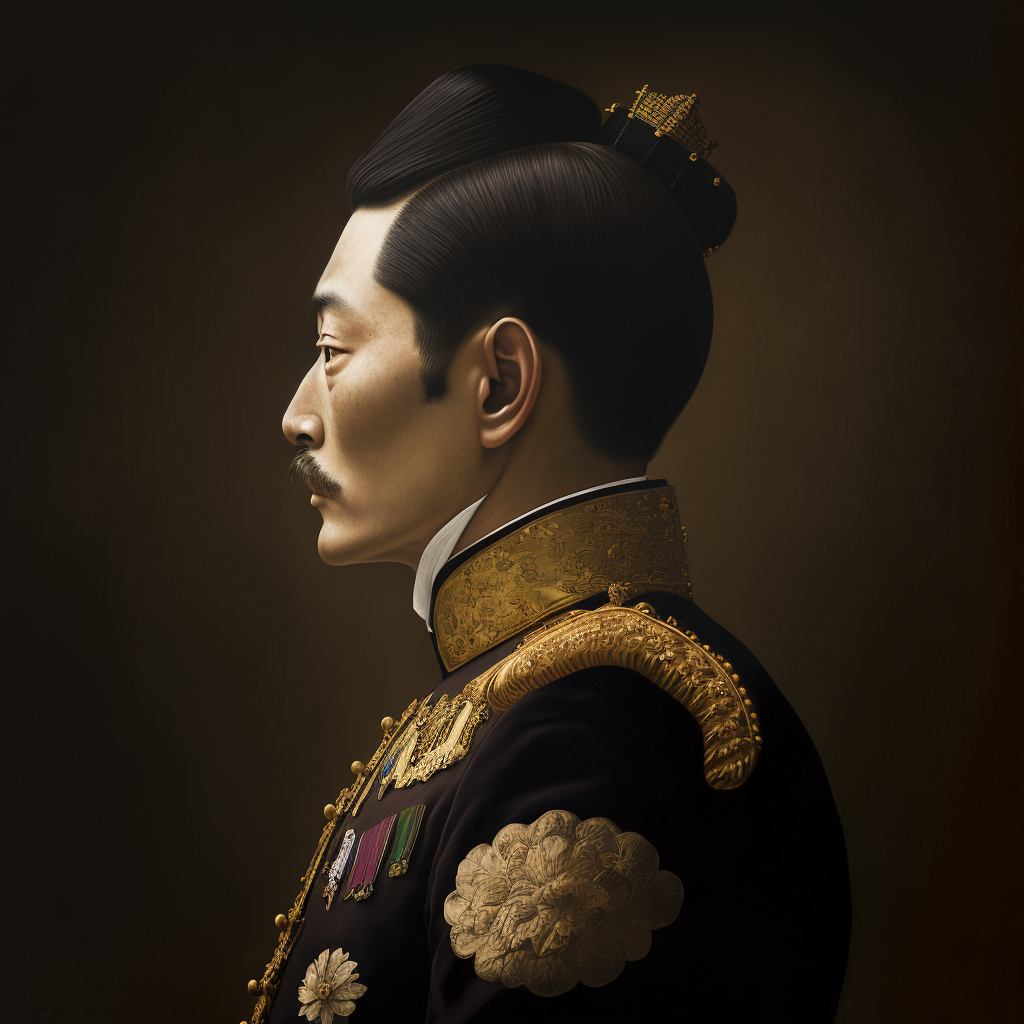Sugawara no Michizane (845-903) is a prominent figure in Japanese history. A talented poet, influential politician, and scholar, he played a key role in classical Japanese culture. His life and legacy have profoundly influenced Japanese politics and spirituality. This led to his becoming revered as the god of time, Tenjin.
A Promising Beginning
Sugawara no Michizane was born in 845 into an aristocratic family. Early on, he demonstrated a great aptitude for poetry, literature, and classical studies. After brilliantly passing the imperial examinations, Michizane was noted for his exceptional knowledge and brilliant mind. He began his career as a civil servant in the imperial administration in Kyoto.
A Man of Learning and a Renowned Poet
Michizane quickly became an important figure in the imperial court, particularly for his skills in calligraphy and poetry. He composed poems in kanji and kana, reflecting his great erudition. He is particularly recognized for his writings influenced by Chinese classics and Japanese literary traditions.
His poetry is distinguished by its deep emotion and introspection. Through his writings, he addresses themes such as the fleeting beauty of life and the mysteries of the world. His works played a key role in the formation of Japanese literature and left a lasting legacy.
A Politician in the Service of the Empire
In addition to his literary talents, Sugawara no Michizane held several important positions in the imperial government. He was appointed State Councilor and later Minister of Education. However, despite his accomplishments and central role in the imperial court, he became the victim of political rivalries.
The Fall of Michizane: Exile and Death
In 901, after unjust and unproven accusations and court intrigues, the Japanese exiled Sugawara no Michizane to Dazaifu, on the island of Kyushu. This island was located at the southern tip of Japan. This exile marked a dramatic turning point in his career. Deprived of his functions, Michizane lived his last years in suffering and solitude.
On March 3, 903, Michizane died in exile. His tragic death brought about several natural disasters, such as storms, droughts, and lightning. The Japanese interpreted these events as signs of the anger of Michizane’s tormented soul. For he had not been able to obtain justice during his lifetime.
The Cult of Tenjin: A God of Weather
After his death, natural phenomena continued to strike Japan, reinforcing the idea that Michizane’s spirit was angry. Very quickly, he became a revered figure in Japanese culture. His reputation as an intellectual genius and his tragic role in history transformed him into a divine figure, the god Tenjin. He is the protector of scholars, students, and the weather.
The Japanese dedicated shrines to Tenjin and built them throughout Japan. The most famous being the Dazaifu Tenmangū shrine in Fukuoka, on the island of Kyushu. Pilgrims, especially students, came to pray there to pass their exams. The god Tenjin was thus invoked to prevent storms and natural disasters. This made him a god associated with the mastery of weather.
The Legacy of Sugawara no Michizane
Today, Sugawara no Michizane is still revered in Japan. Both for his contributions to culture and poetry and for his rise to divinity. His name remains synonymous with knowledge and perseverance. Japanese culture continues to celebrate his spirit through festivals, ceremonies, and prayers. Particularly during school exam time.
His influence extends beyond the world of poetry and politics. It extends to spiritual aspects of Japanese society. As Tenjin, he represents the fusion of the intellect and the divine. And he continues to mark generations with his example.
Conclusion: An Immortal Legacy
Sugawara no Michizane is a central figure in Japanese history, both for his human achievements and for his rise to divinity. His journey, marked by exile and veneration after his death, makes him a complex and fascinating figure. Even today, his poetry and role as Tenjin remain major references in Japanese culture, honored by both students and believers.

